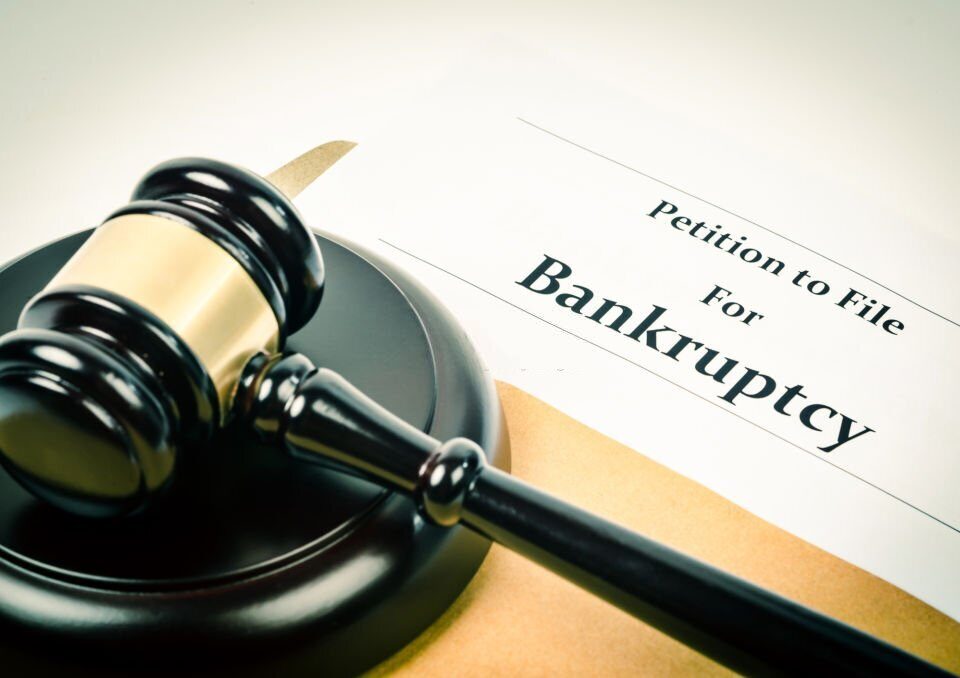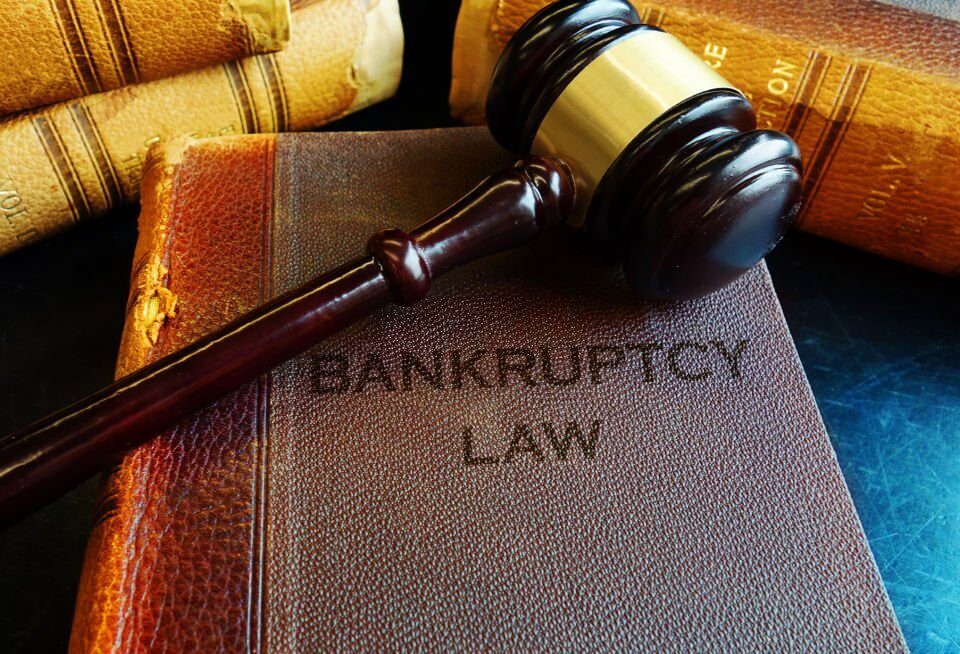Should I go for a Chapter 11 or a Chapter 13 Bankruptcy?

How to recover your credit following a Chapter 7 bankruptcy
March 23, 2017
What makes a Good Bankruptcy lawyer?
May 4, 2017When you decide to pursue bankruptcy, one of the first things you’ll probably be thinking is “which kind of bankruptcy is right for me? Should I go for a chapter 7, chapter 11, or a chapter 13 bankruptcy attorney?” While Chapter 7 bankruptcy is ideal for individual debtors, chapter 11 and 13 bankruptcies are more open for businesses and/or partnerships. They work better for groups dealing with bankruptcy. However, it might be confusing as to which is best for your specific business/partnership. Should we choose a chapter 11, or a chapter 13? Since the two are so similar, RLC would like to take a moment to explain the key differences between the chapter 11 and 13 bankruptcies. After reading this, you might have a better idea of what kind of bankruptcy will be best for you.
Common Ground
When it comes to what the two chapters have in common, both allow you to keep your business alive. They provide you the chance to restructure your finances in a way that settles debts while retaining your essential business property. This is part of what makes them so attractive. They also allow you to cease obligations that you are unable to pay within the plan (depending on certain negotiations). This is part of how the chapters relieve stress for the businesses. However, the choice between the two chapters starts with their differences.
Chapter 11
Unlike Chapter 13, most businesses, big or small, can file for Chapter 11 bankruptcy. This includes anyone from individuals to joint ventures and LLCs. When it comes to finances, Chapter 11 has no limit on the amount of debt or income you have. This is one of the main reasons it is popular among other forms of bankruptcy.
Chapter 13
While Chapter 11 proceedings can be long and complicated, Chapter 13’s approval process is much faster. However, it is only allowed for people/businesses within a certain range of debt. It is also meant for large-moderately sized businesses. Chapter 13 Bankruptcy also allows you to keep all of your assets. That includes both exempt and non-exempt assets. In return, you pay for your debts through a regular repayment plan. The repayment plan can be for all or some of your total debt (this is based on your negotiations).
Further Advisement
There are many decisions to face in the midst of bankruptcy. The decisions can seem overwhelming and impossible to comprehend. But the right decisions become clearer with the right bankruptcy attorney. And RLC’s Tate Russack carries the experience of both a chapter 11 and a chapter 13 bankruptcy attorney. Therefore, he will be able to advise you on which chapter would be best for you. For more information on our chapter 7, chapter 11, and chapter 13 bankruptcy attorney services, please feel free to contact RLC here. RLC is here guide you to a better financial future.



